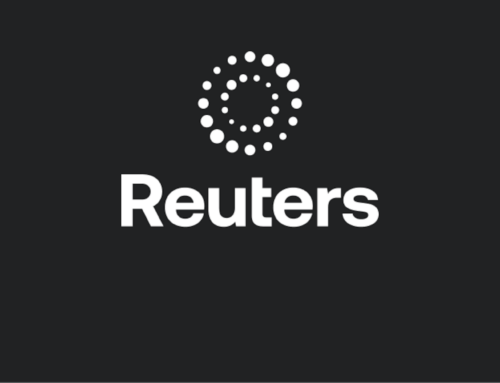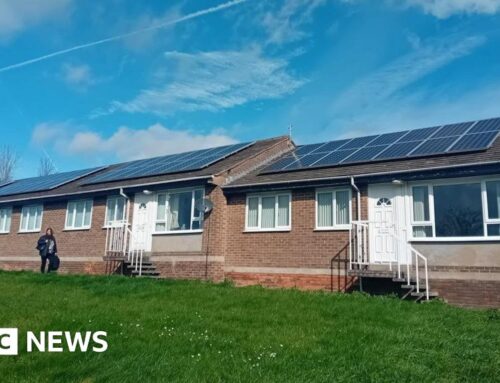Mark Zuckerberg says TikTok slowed Meta’s growth
April 17, 2025
In Meta’s antitrust trial on Wednesday, Meta CEO Mark Zuckerberg testified that TikTok’s success was a risk to Meta’s business, saying the short-form video app was a “top priority” and a “highly urgent” competitive threat when it arrived in 2018, according to Bloomberg and other outlets.
The reports come from a packed first week of testimony in the U.S. Federal Trade Commission’s trial against the social networking giant. If the FTC’s lawyers prevail, the trial could potentially require Meta to spin out Instagram or WhatsApp as separate companies.
Notably, Zuckerberg admitted on Wednesday that TikTok’s arrival had directly impacted Meta, saying his company had observed that its “growth slowed down dramatically” when the TikTok became popular. He also said the ByteDance-owned app has continued to be a focus of Meta’s competitive efforts for several years.
ByteDance purchased Musical.ly in 2017, and merged it with TikTok the following year. Around the same time, Meta (then known as Facebook) stopped reporting Facebook’s user numbers in its quarterly reports, shifting to a new “family of apps” metric that encompassed Instagram and WhatsApp. The change was designed to hide the fact that Meta’s flagship app was seeing slowing growth.
Zuckerberg made another interesting comment during the trial in response to a question about social media platforms’ “network effects.” He said it’s become less important for social media apps to leverage connections between friends and family to grow.
“The apps now serve primarily as discovery engines,” Zuckerberg told the court. “People can take that content to messaging engines.”
At the same time, however, Facebook is trying to return to its “OG roots” by turning once again to those network effects. The company recently released new features designed to make it easier to connect with friends, including a revamped Friends tab that highlights friend requests and activity. In January, Zuckerberg told investors that a “return to OG Facebook” was a key goal for 2025.
Search
RECENT PRESS RELEASES
Related Post



